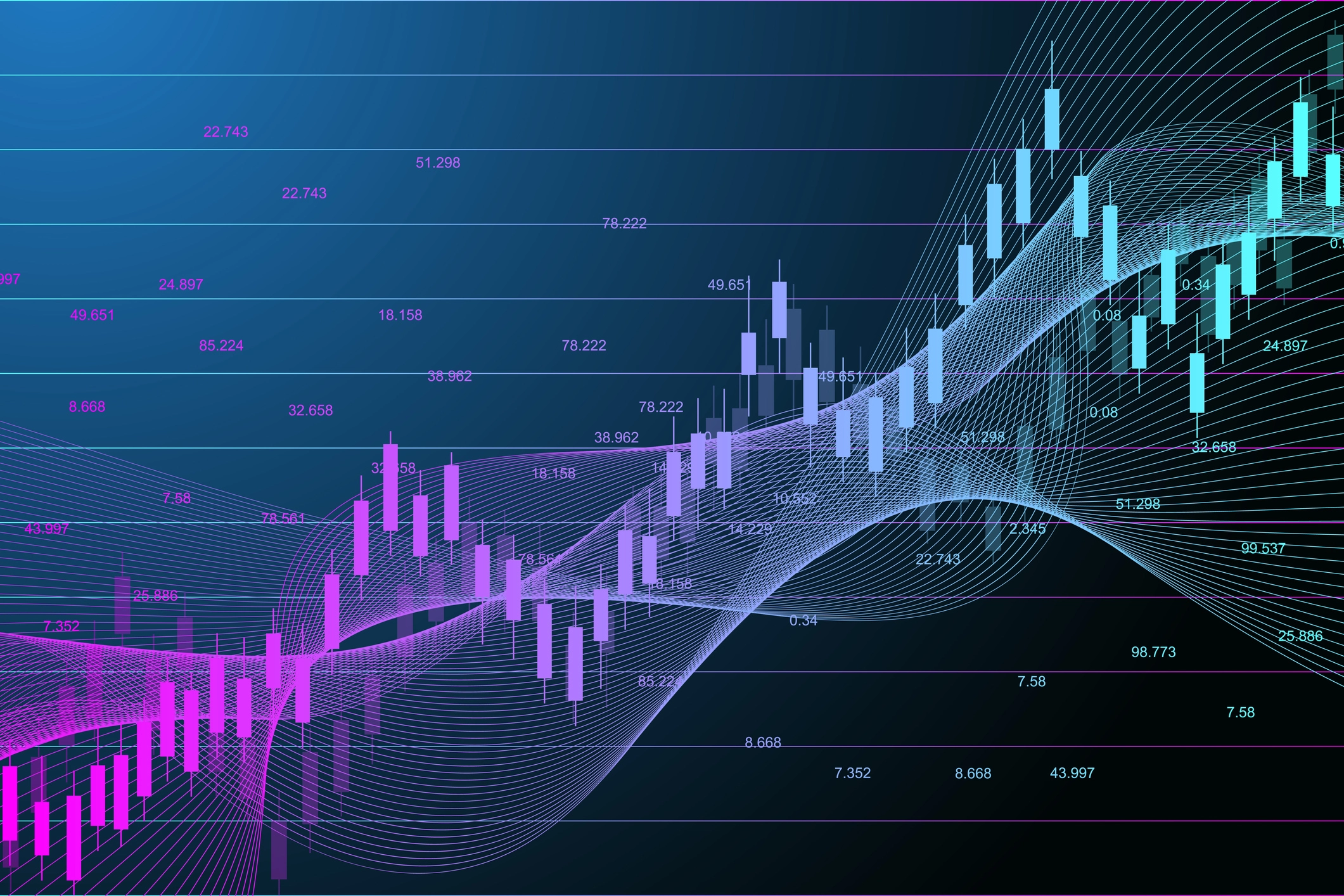
Exchange-traded funds, otherwise known as ETFs, are a low-cost way for traders to gain exposure to a variety of underlying assets in the market, which makes them a favourite of investors and traders alike. For those who are looking to start ETF investing, look no further. This article will list and explain the steps investors need to take before they get started with investing in ETFs.
What is an ETF?
An ETF is a specific kind of pooled investment security that functions very much like a mutual fund. They are a basket of securities that trade on the exchange very much how like a stock does. They can be specialised to track anything ranging from the price of an individual asset to a large and diverse collection of securities, as well as a specific investment strategy.
Because ETFs are traded on exchanges, the price of their shares will change throughout the trading day as shares are bought and sold on the market. This is what makes them different from mutual funds, which are not traded on an exchange. Mutual funds also only trade once per day after when the financial markets close.
ETFs can hold multiple underlying assets, which makes them great for diversification. These investments can include stocks, bonds, commodities, currency, as well as a mixture of exotic instruments and derivatives.
Open a brokerage account
Unfortunately, you cannot just go online to access the financial markets to purchase a basket of ETFs. Instead, the first thing most traders and investors need to do is to open a brokerage account. However, before committing to a particular broker and account type, you should consider your financial and investing goals. This is because certain types of accounts are better suited for certain goals. Fortunately, the majority of reputable brokers offer ETF trading and investing.
Currently, ETFs can be traded either through online brokers or traditional brokers. Traders also have the option of buying ETFs in their retirement accounts. Another alternative to using a standard broker is to use a robo-advisor, which is run by algorithms and robots instead of humans.
Opening a brokerage account is vital as the account allows investors and traders to trade shares of ETFs just like they would trade stocks. Investors who prefer a more hands-on approach may opt for a traditional brokerage account, whereas investors who want to do things more passively may opt to use a robo-advisor instead.
What to look for in a broker
While major brokerages do offer most of the main investment account types, you may also want to think about a few other factors outside of the account types available when deciding to open an account with a broker. Some factors may include:
Fees: Take a look at how much a broker charges for trading or for maintenance. This can include things like administration or stock trading fees and is important to consider because ETFs trade very much like stocks.
Minimumdeposit: For some brokers, you may have to provide a minimum deposit in order to open an account. Though when it comes to ETFs, the minimum generally tends to be the cost of one share. However, if you are just starting out, you should look for brokers that offer affordable or no minimums.
Typesofassets: Not every broker allows traders to buy every type of investment they want. Even if they do, the broker may not offer fee-free trading for that particular investment. If you are looking to buy other assets in your portfolio, you should double-check with the broker that you can still be able to purchase them.
Customerservice: You should also consider what kind of help a broker provides and how responsive they are when it comes to any issues that crop up. This is especially essential when it comes to beginner and novice traders who may not know much about trading or investing in ETFs.
Research the types of ETFs
Another important step when it comes to ETF investing is researching them. This is because there is a wide variety of ETFs available on the markets today. One thing that you must remember is that ETFs are not like individual securities such as bonds and stocks.
As such, a trader will have to consider the whole picture – especially in terms of sector or industry – when they want to commit to buying an ETF. Here are a few questions that a trader should think about when they are in the process of researching ETFs:
- What is the time frame for investing?
- Are you investing for growth or income?
- Is there a particular sector or financial instrument that you are interested in or excited about?
Consider an investment strategy
If you are a novice investor in ETFs, you should probably stick to dollar-cost averaging or spreading out your investment costs over a period of time. This is because this strategy smooths out your returns over a period of time, meaning it ensures a disciplined approach to investing.
This strategy also helps novice investors learn more about the nuances and unique aspects of ETF investing. When you become more comfortable when trading ETFs, you can then decide to move onto more sophisticated and complex strategies such as sector rotation and swing trading, if you so desire to.
What to look for in an ETF
After creating a brokerage account, a trader will need to fund it before being able to invest in ETFs. The exact ways to fund an account will depend on the broker a trader uses. Afterwards, you can search for ETFs to invest in. Some factors you may want to consider when searching for ETFs include:
Volume: Trading volume over a particular period allows traders to compare the popularity of different funds. Often, the higher the trading volume, the easier it may be to trade that fund.
Performance: While it is important to note that past performances do not indicate future performances or returns, this can be a metric traders use to compare ETFs.
Expenses: The lower the expense ratio, the less your investment is given over to administrative costs. Although it may be tempting to search for funds with lower expense ratios, sometimes more expensive funds may have a strong performance that makes up for higher fees (such as actively managed ETFs).
Commissions: Many ETFs are commission-free, meaning they can be traded without any fees needed to complete the trade. That said, it is worth checking if this is a potential dealbreaker for you.
